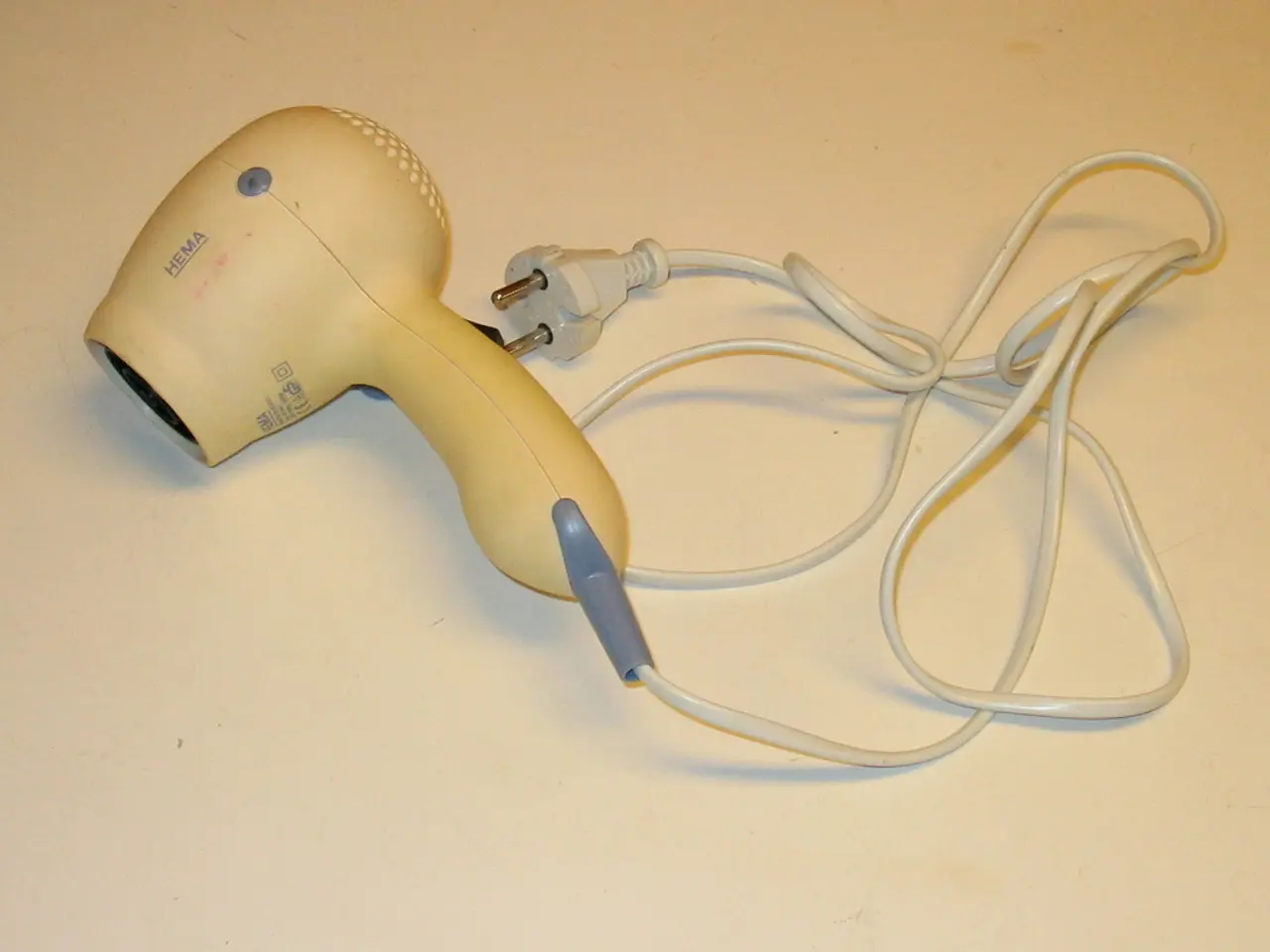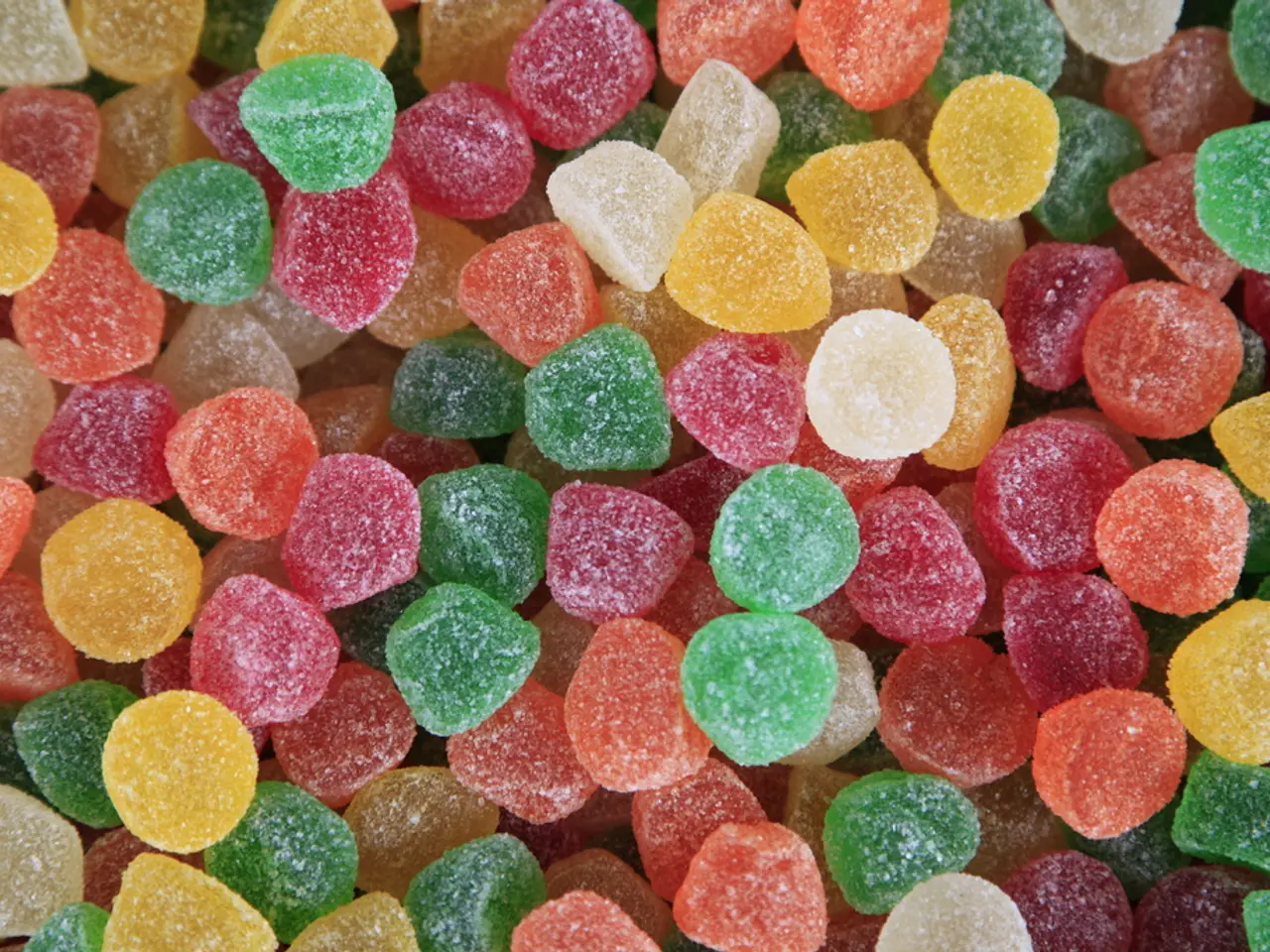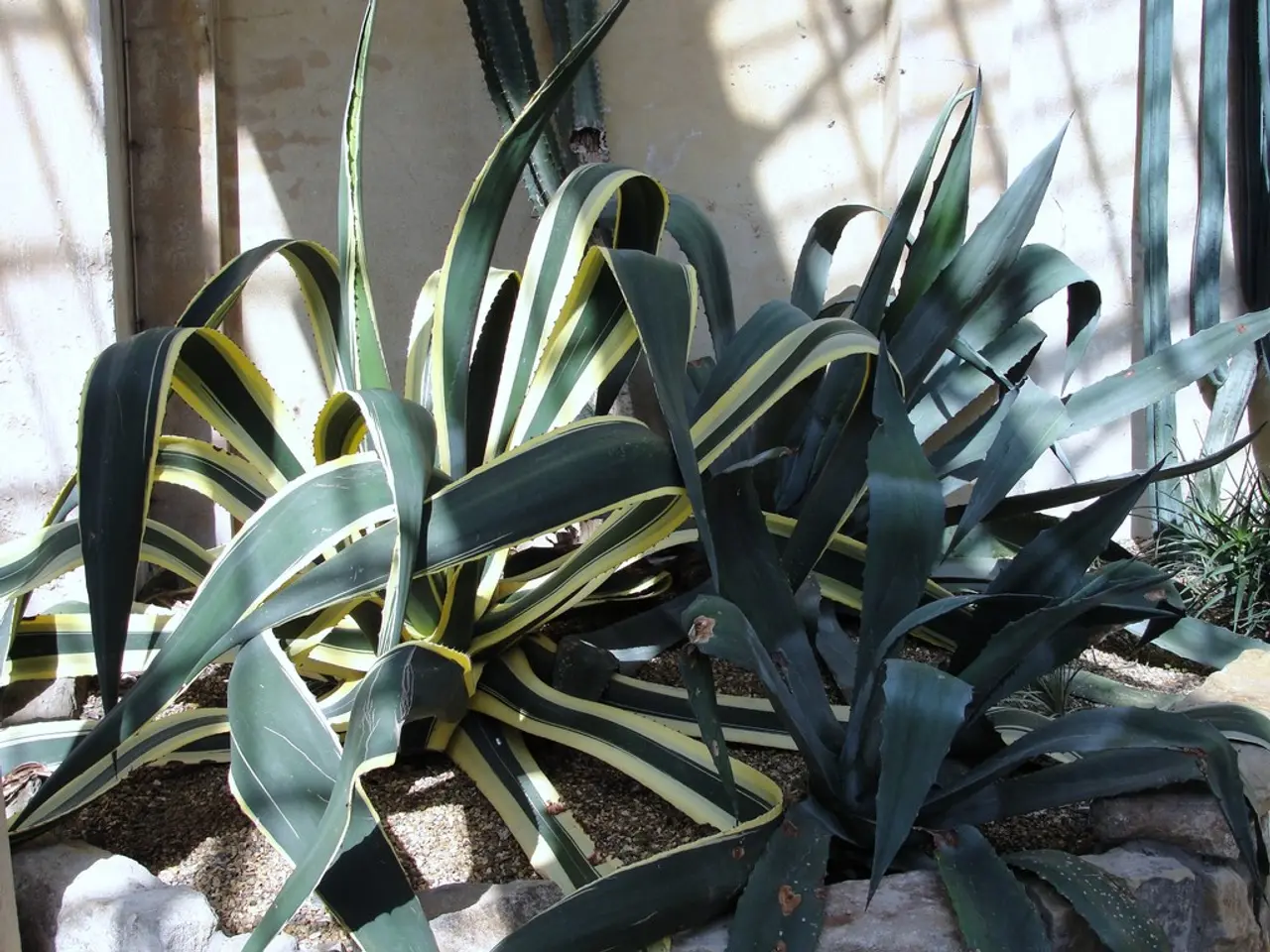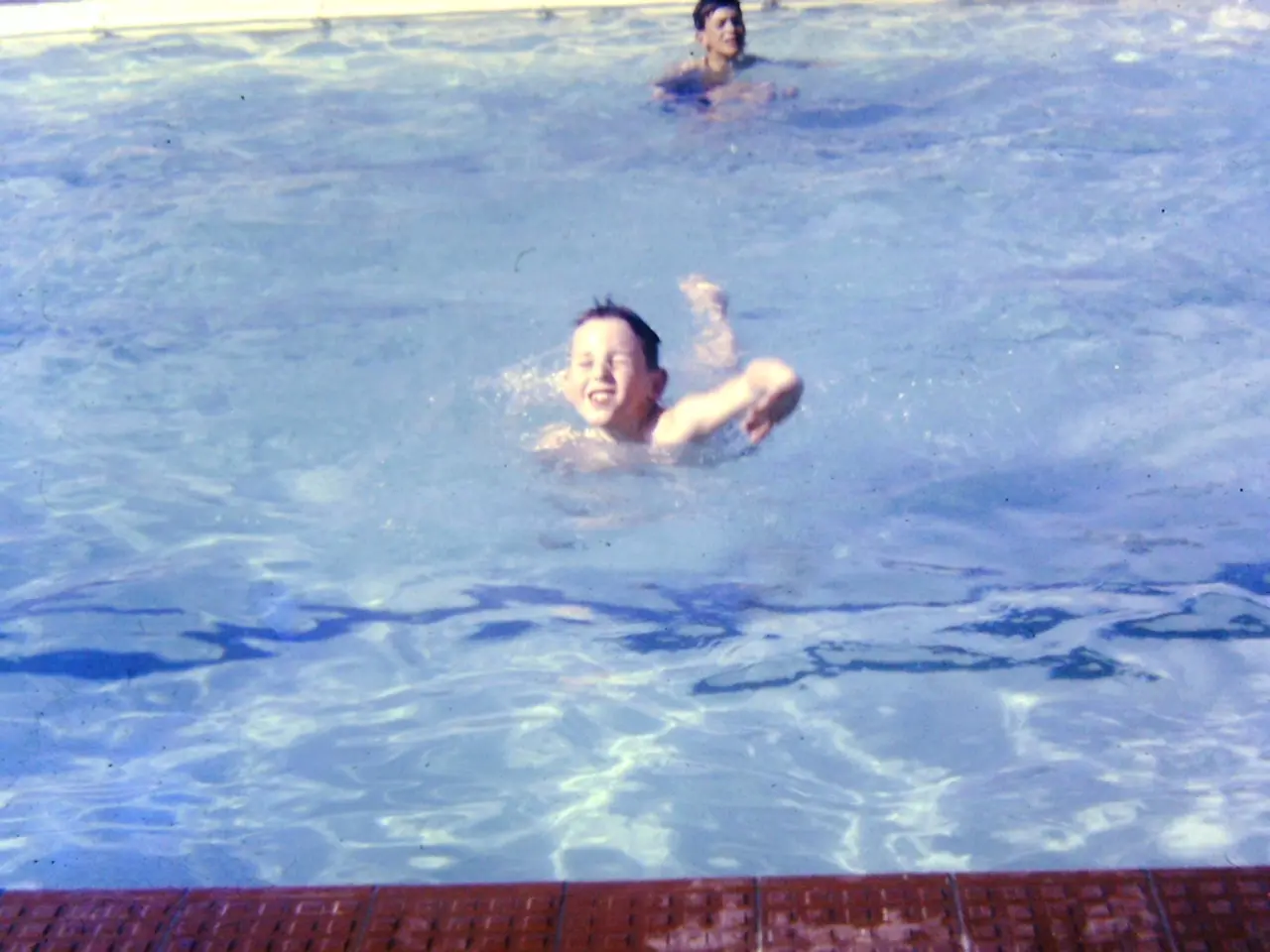Fixing Damaged Hair: Leading Advice and Remedies for Strong and Vibrant Tresses
Damaged hair can be a common issue, affecting the overall health and growth of your locks. Here's a guide to help you repair and protect your damaged hair, focusing on deep conditioning, protein treatments, natural oils, and gentle hair care practices.
Deep Conditioning Treatments
Weekly deep conditioners or masks penetrate the hair shaft to restore moisture and shine. Ingredients like panthenol (vitamin B5), cocamidopropyl betaine, and hydroxypropyl guar help hydrate, strengthen, and reduce frizz. DIY masks using honey and yogurt are also beneficial.
Protein Treatments
Protein treatments rebuild and fortify the hair shaft by replenishing keratin, collagen, and silk proteins, crucial for elasticity and resilience. Use protein treatments moderately—about once every two weeks—and alternate with moisturizing treatments to avoid stiffness.
Natural Oils
Coconut oil penetrates the hair shaft to provide moisture and reduce protein loss. Apply to damp hair and leave on for an hour or overnight. Argan oil provides antioxidants and vitamins to nourish and reduce frizz, while avocado oil or masks combining avocado and egg supply essential vitamins, minerals, and proteins for hair repair.
Moisturizing Masks and Ingredients
Use masks rich in aloe vera, honey, and avocado to hydrate dry hair. Aloe vera also soothes the scalp and restores moisture, while honey treatments help retain hair moisture and strengthen strands.
Gentle Hair Care Practices
Switch to sulfate-free shampoos formulated for damaged or color-treated hair to avoid further dryness. Use clarifying shampoo weekly to remove buildup and impurities. Avoid excessive heat styling and chemical treatments, which worsen damage.
Additional Tips
Scalp care is important; a healthy scalp supports overall hair health. Using a humidifier can also prevent hair dryness in low-humidity environments.
Environmental Factors
Environmental stressors like sun exposure, pollution, and humidity can play a role in hair damage. Chemical treatments such as hair coloring, perms, or relaxers can alter the structure of hair, making it more prone to damage.
Prevention
Avoiding tight hairstyles can help prevent breakage and hair damage. If swimming in chlorinated water, wear a swim cap to prevent chlorine from stripping moisture from your hair. Avoid sleeping with your hair tied up in tight styles to prevent breakage.
Heat Styling
Heat styling tools like straighteners, curling irons, and blow dryers can strip hair of its natural moisture, leading to dry and brittle hair. Limiting heat styling and using heat protectant can help minimize damage caused by heat tools.
Nutrition
A healthy diet plays a significant role in hair health, and incorporating nutrient-rich foods can help support hair growth and strength. Nutrients like biotin, zinc, vitamin E, and omega-3 fatty acids are vital for maintaining healthy hair follicles and promoting optimal hair health.
Together, these treatments restore hair’s moisture balance, rebuild protein structure, protect against further damage, and improve manageability and shine. For best results, maintain a consistent routine combining hydration, protein repair, and gentle hair care.
Wrap a scarf around your hair before going outside to protect it from environmental factors like sun exposure, pollution, and humidity.
After applying a deep conditioning treatment or mask, consider using a spritz of a hair-healthy oil blend, such as a mix of argan, coconut, and avocado oils, to seal in additional moisture and nourishment.




